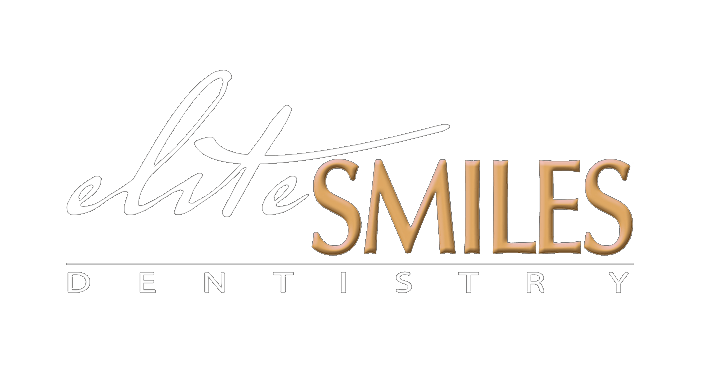Dealing with pain after a dental procedure can be tricky. I’ve compiled a list of tips to soothe discomfort and ensure an easy healing process.
- Wait it Out. Eating is not recommended until after any numbness from your procedure has worn off. You could accidentally damage the treated area or bite your tongue or soft tissue without realizing it.
- Choose Wisely. After the numbness has worn off, be cautious about the foods you eat for a few days. Crunchy, chewy, or spicy foods are not your friends after a dental procedure. Eat softer foods, such as mashed potatoes and pudding, and try to chew on the side of your mouth that didn’t have work done. Foods that are too spicy can also irritate the sensitive area, so opt for mild foods for a few days after your treatment.
- Take Over-the-Counter Pain Medication. In most cases, medications like Advil or Aleve (NSAIDs) will help reduce pain or discomfort after a dental procedure. Take the recommended dosage at appropriate intervals throughout the day until the area has time to heal. Keeping these anti-inflammatory medications in your system for a few days after your procedure will not only reduce pain but also speed the healing process.
- Topical Anesthetic. If your gum tissue is feeling sensitive, I recommend using a topical anesthetic, such as Orajel Maximum Strength. This topical anesthetic will relieve discomfort in your gums more effectively than your NSAID regimen alone. You can find oral topical anesthetics at most drug stores.
- Cold Compress. Apply ice packs to your face for 15 minutes on and then 15 minutes off to reduce pain and swelling.
- Salt Water Rinse. This is a tried and true remedy for cleansing your mouth and reducing pain. Rinsing your mouth with warm salt water helps cleanse the area and speed up the healing process. Be careful not to swish too vigorously.
- Clove Oil. This essential oil contains eugenol, a natural anesthetic and antibacterial. Clove oil effectively reduces inflammation in the mouth. This home remedy is simple﹘ just dip a clean tissue or cotton ball in the clove oil until it soaks up a few drops, and gently wipe the oil over your gums at the point of pain.
- Get Lots of Rest. Don’t overexert yourself after your procedure. When lying down keep your head propped up with pillows to limit excess swelling and bleeding.
- Take Prescribed Medications. Following many treatments, your dentist will prescribe you medication to ensure proper healing. Be sure to take all medications, and don’t miss any doses. This will help prevent complications that could cause further discomfort down the road.
- Stay in Touch with Your Dentist. If you feel like your pain is extensive or persistent, don’t hesitate to call your dentist. Keep them updated on how you’re healing up, and set up a follow-up appointment to make sure everything is going smoothly.
Before undergoing any dental procedure, be sure to ask your doctor if they have any other advice or recommendations for limiting pain while healing.

